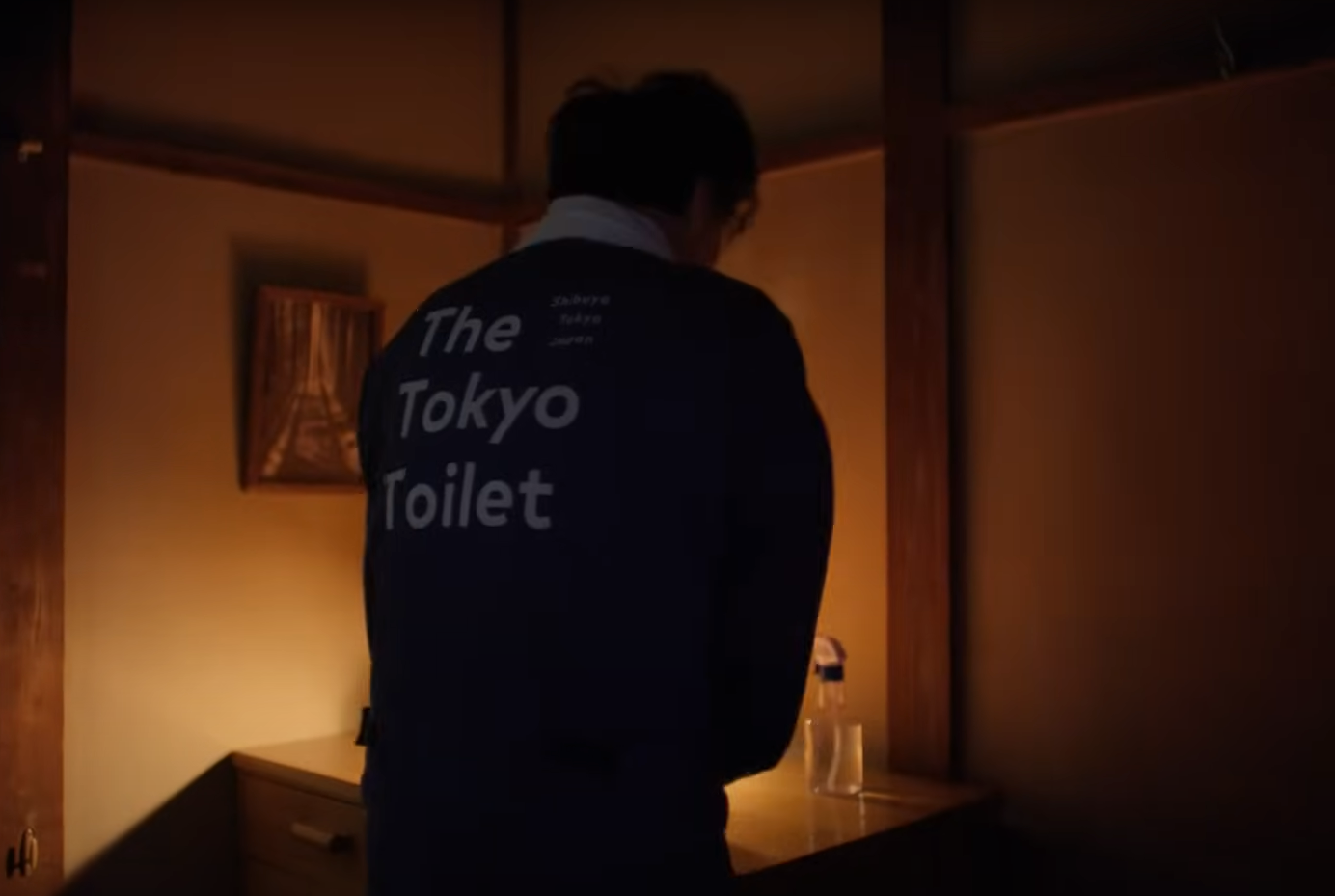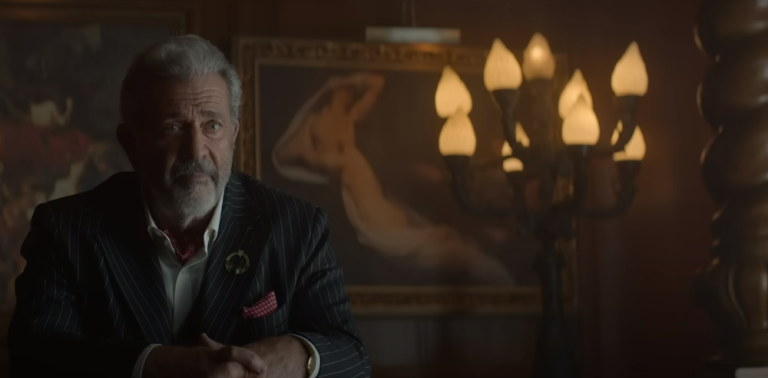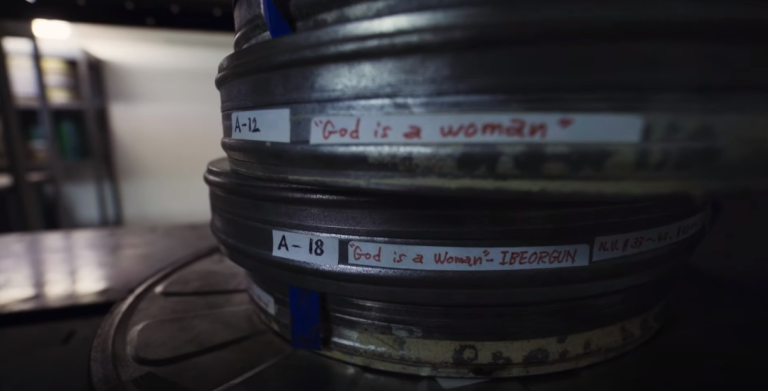

Wim Wenders, a well-traveled director, finds inspiration in both Japan and the U.S. Two of his documentaries, “Tokyo-ga” and “Notebook on Cities and Clothes,” explore Japan. In his film “Perfect Days,” Wenders portrays the serene life of an older Tokyo resident, Hirayama, who works in sanitation. Played by actor Koji Yakusho, Hirayama cleans upscale public toilets in Shibuya. Despite his unassuming demeanor, he exudes a quiet charisma.
The soundtrack for “Perfect Days” includes songs like “The House of the Rising Sun” by The Animals, “Pale Blue Eyes” by The Velvet Underground, and “Sunny Afternoon” by The Kinks. Wenders has a fondness for The Kinks, as seen in his film “The American Friend.” In the movie, a character listens to The Kinks’ song “Too Much on My Mind.” Lou Reed, leader of The Velvet Underground, also has a song on the soundtrack. He appeared in Wenders’ film “Faraway So Close!” which featured a cameo from Mikhail Gorbachev. Hirayama, the main character, finds solace in the music while alone in his car, embracing the present moment.

Hirayama’s solitary life reflects a desire for meaningful solitude, particularly resonating with a certain male wish to be left alone by the world as one gets older. He sticks to listening to music on cassette tapes, which might seem like hipster obsession in other characters, but with him, it feels more like an appreciation for simplicity and order.
In Hirayama’s world, not much happens. He finds beauty in simple things like parks with designer toilets and a cozy bar where he forms a connection with the quiet female owner. At night, he reads, and his dreams, created in collaboration with Wenders’ wife Donata, are in black and white.

Some critics find Wenders’ portrayal of a man who cleans toilets a bit sanitized. While the film acknowledges that these toilets are almost like works of art, it still glosses over the reality of sanitation work.
In “Kings of the Road,” Wenders already showed a raw depiction of bodily functions, so he doesn’t need to go overboard with it in “Perfect Days.” Some viewers criticized a scene in “Kings of the Road” where a character relieves himself on a beach, but it’s a natural and nonchalant portrayal.

Some critics struggle with Hirayama’s attitude of acceptance in the film, seeing it as complacency. However, I personally found the portrayal moving, showing the serenity sought and sometimes achieved by the protagonist.
The film hints at deeper mysteries and tensions in Hirayama’s life. His extreme patience with his colleague Takashi and the unease hinted at with his niece’s visit suggest underlying family issues. When the niece mentions admiring Patricia Highsmith’s story “The Terrapin,” about a violent act, it raises questions about Hirayama’s past and his current lifestyle. When his sister arrives to take her daughter back, their dialogue hints at a previous life different from Hirayama’s. Is he trying to make up for something? Similar to “Casablanca” and “The American Friend,” there’s a sense that Hirayama might be running from a past he’d rather not confront.

“Perfect Days” evokes Peter Bogdanovich’s reflection on Ford’s “The Man Who Shot Liberty Valance,” suggesting it possesses the wisdom and poetic depth of an artist approaching the end of their career.
| Aspect | Details |
|---|---|
| Director | Wim Wenders |
| Film Title | “Perfect Days” |
| Main Character | Hirayama |
| Actor | Koji Yakusho |
| Occupation | Sanitation worker in Shibuya |
| Soundtrack | Includes songs by The Animals, The Velvet Underground, and The Kinks |
| Solitude | Finds solace in cassette tapes |
| Lifestyle | Appreciates simplicity and beauty in small things |
| Criticism | Some find sanitation portrayal sanitized |
| Family Tensions | Hinted at through interactions with colleagues and family members |
| Mysteries | Raises questions about Hirayama’s past and lifestyle |
| Literary Reference | Reflects Peter Bogdanovich’s thoughts on artistic depth |






